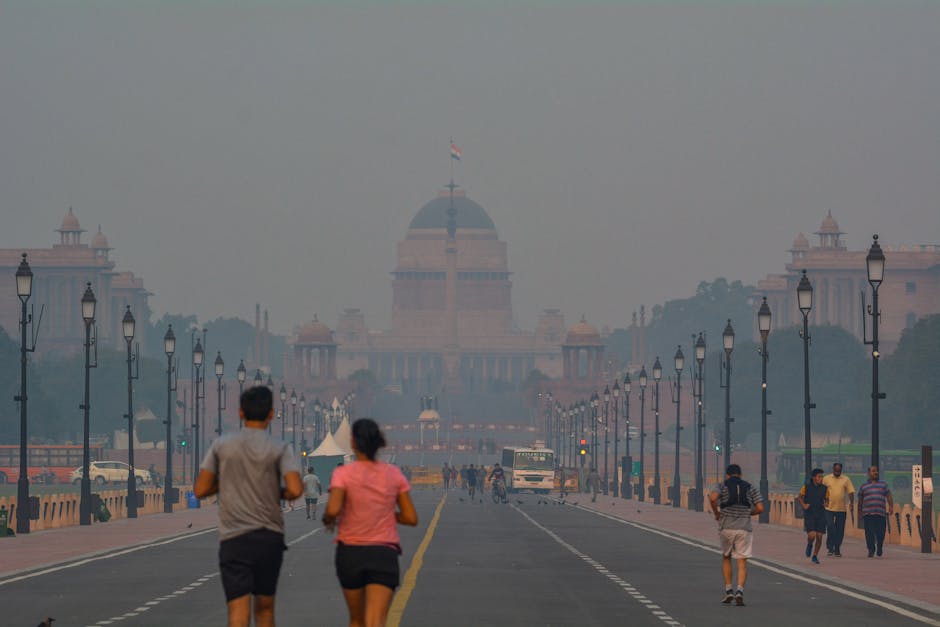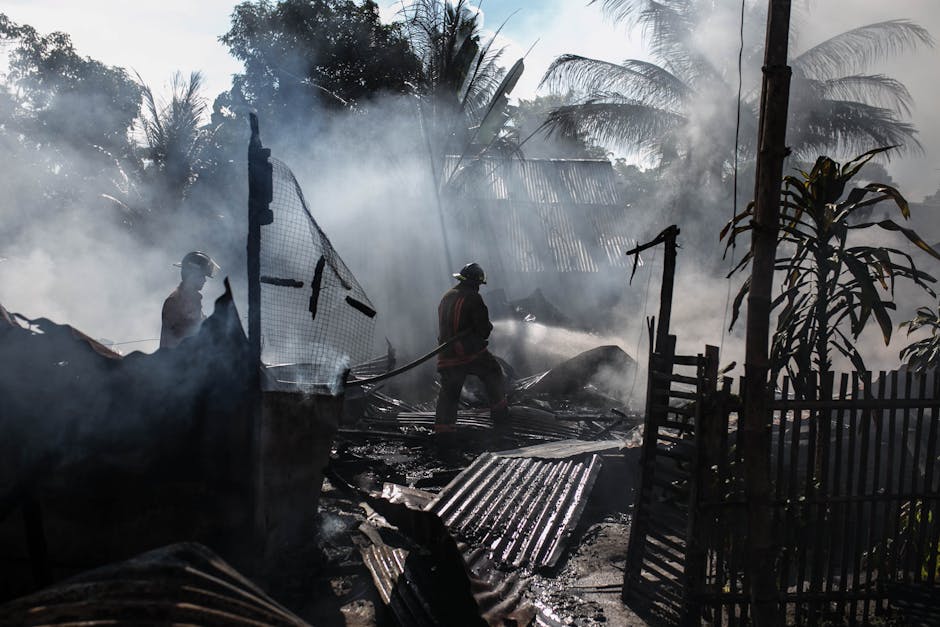Major Dhyan Chand Stadium’s Air Quality Reaches Unhealthy Levels (AQI 186)
The Major Dhyan Chand National Stadium in Delhi is facing hazardous air conditions, with the Air Quality Index (AQI) at 186, classified as “Unhealthy.” This poses risks for athletes, visitors, and nearby residents, raising concerns about health and sports performance in India’s capital.
What Does AQI 186 Mean?
The AQI scale (0–500) indicates pollution severity:
– 151–200 (Unhealthy): Sensitive groups (children, elderly, asthma patients) face heightened risks.
– General public may experience breathing difficulties, throat irritation, and fatigue.
Primary pollutants include PM2.5, PM10, NO₂, and CO, driven by vehicle emissions, construction dust, and seasonal crop burning.
How Poor Air Quality Affects Athletes
Delhi’s iconic hockey stadium hosts national and international events, but high AQI levels threaten:
– Performance: Reduced lung capacity and stamina during training.
– Health Risks: Increased asthma attacks and long-term respiratory damage.
– Event Disruptions: Potential rescheduling of matches to lower-pollution hours.
Experts recommend indoor training with air purifiers and N95 masks for outdoor sessions.
Why Delhi’s Pollution Persists
Despite policies like GRAP and Odd-Even schemes, winter pollution spikes due to:
– Stubble burning in Punjab/Haryana.
– Traffic congestion and industrial emissions.
– Weather inversions trapping pollutants.
Protective Measures for Residents & Athletes
- Avoid outdoor exercise during peak pollution (mornings/evenings).
- Use N95 masks and indoor air purifiers.
- Monitor real-time AQI via CPCB or SAFAR-India.
Long-Term Solutions Needed
To safeguard sports and public health, authorities must:
– Enforce stricter emission norms for industries/vehicles.
– Expand green zones around stadiums.
– Promote electric public transport.
Conclusion
The AQI 186 at Major Dhyan Chand Stadium underscores Delhi’s urgent pollution challenge. While short-term fixes help, systemic reforms are vital to ensure athlete safety and host future events sustainably.
For live AQI updates, follow NextMinuteNews.




